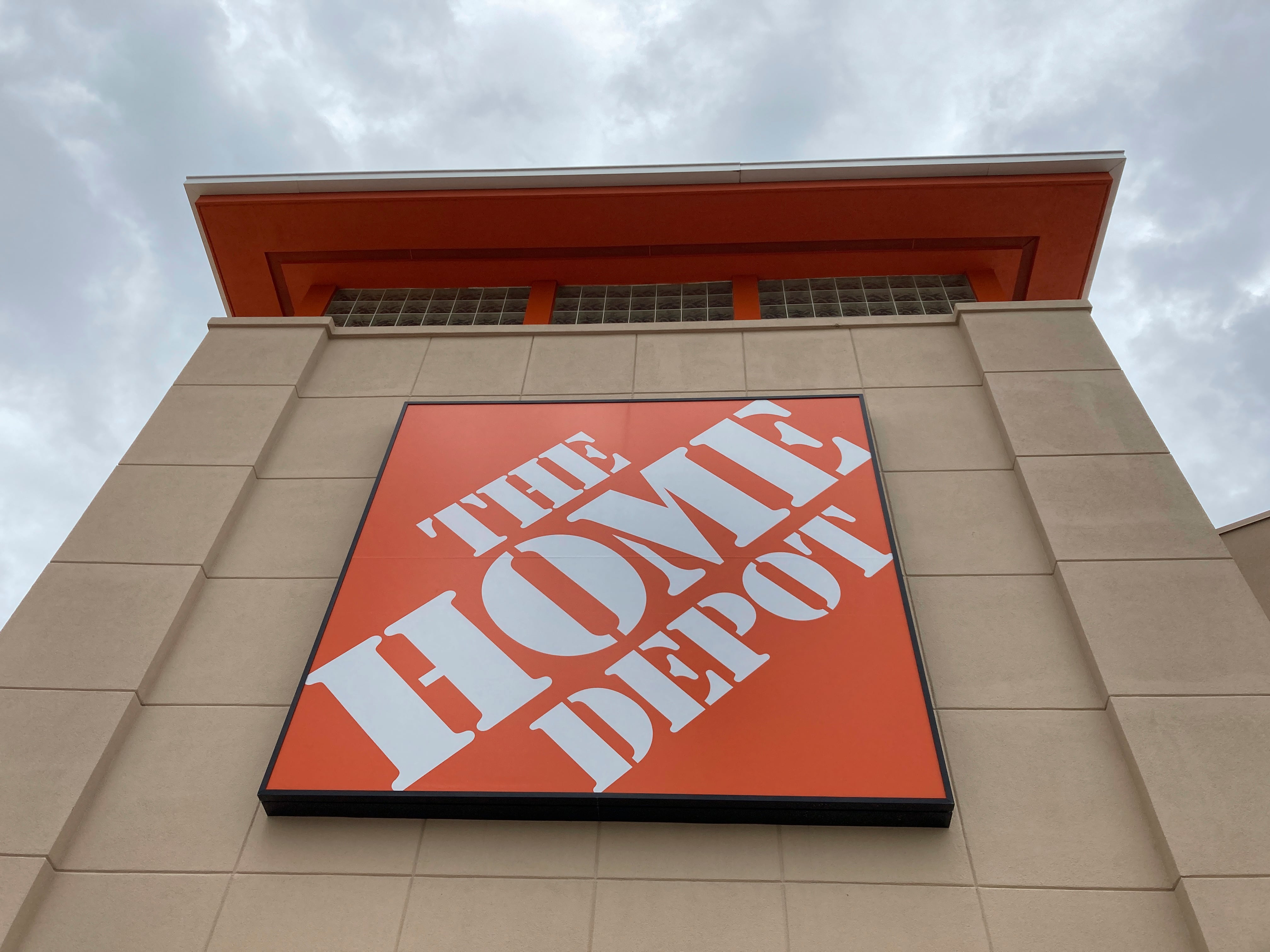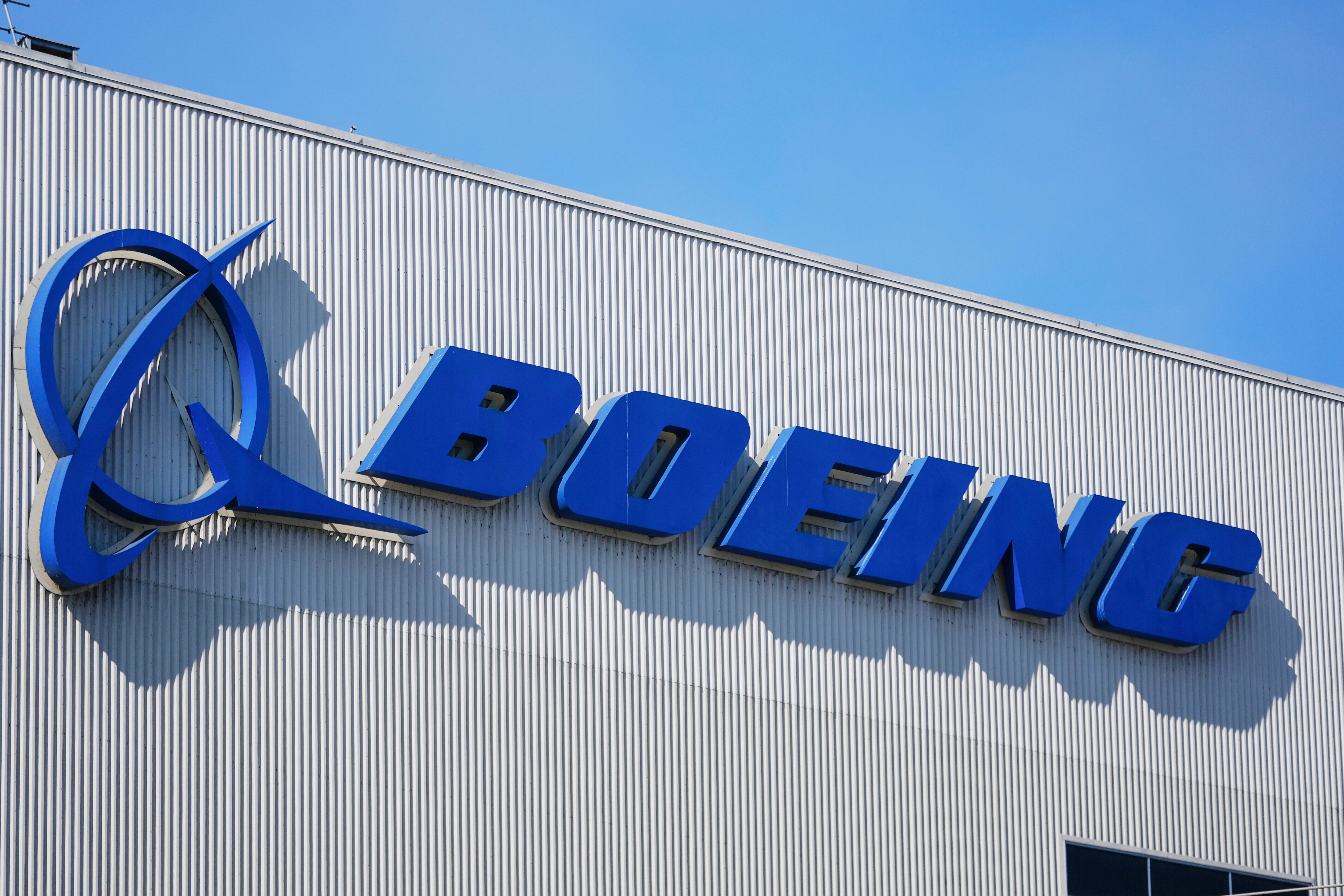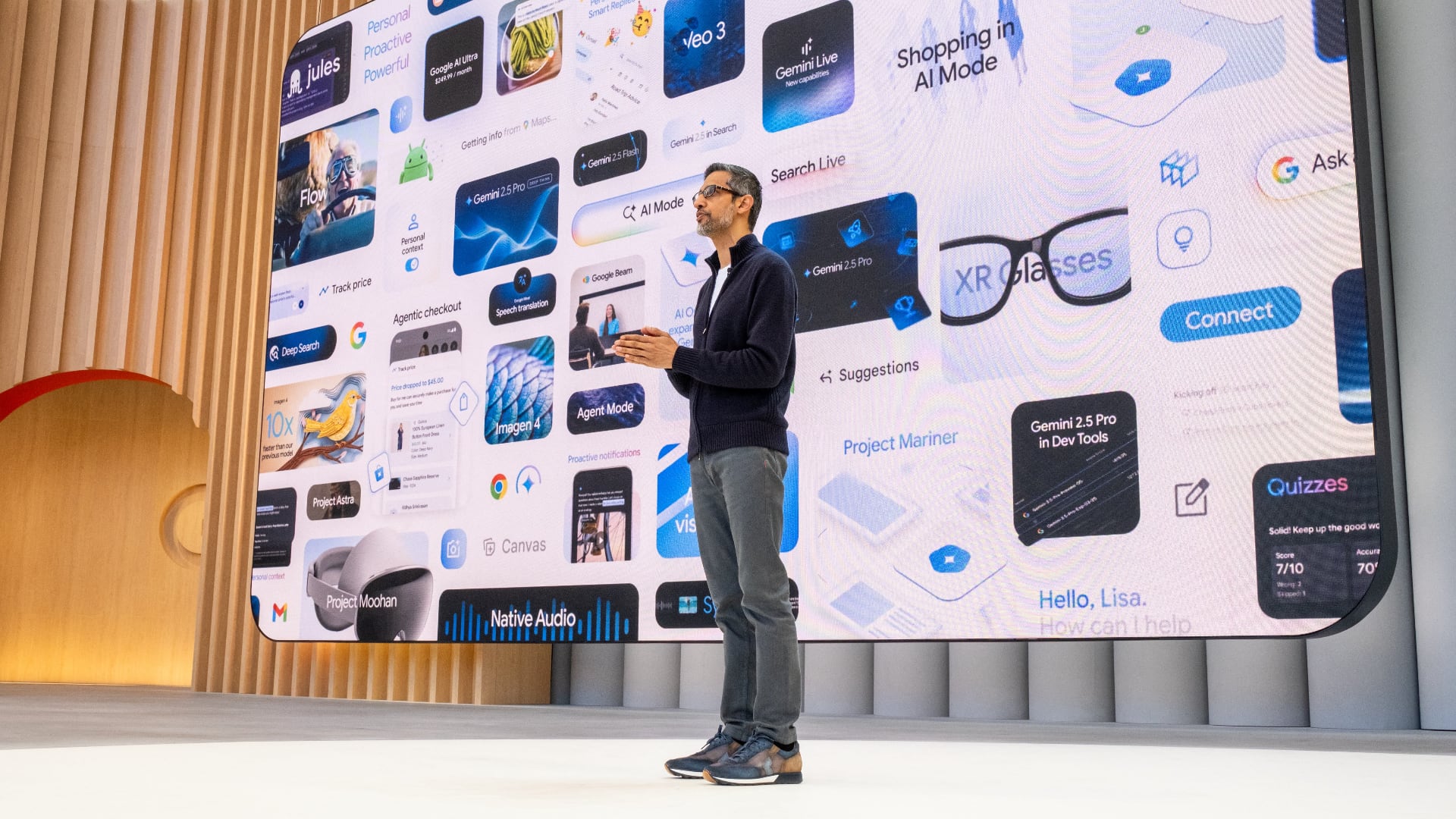*By Carlo Versano* A new start-up wants to help patients and caregivers with the age-old problem of managing medications for chronic or serious illnesses. Hero sprang from the mind of Kal Vepuri, whose aptly-named Brainchild Holdings led a $12 million investment round for the company, which produces an eponymous counter-top device that can store and dispense pills in pre-selected dosages at certain times. Vepuri told Cheddar he came up with the idea after he became a caregiver for his ill mother. "She took almost a dozen medications at one point," he said, and the task of organizing, remembering, and dispensing them, as well as dealing with multiple prescribing physicians and changing dosages became an overwhelming task. So Vepuri took his experience as an entrepreneur and tech consultant to build Hero, which resembles a kitchen appliance married to an Apple device. The problems surrounding medication management are what he called a "phantom issue" ー no one wants to talk about it, but a stunning number of people have to deal with it ー 70 million Americans have multiple chronic diseases, Vepuri said, and that number will unfortunately only go up as Baby Boomers age, and more millennials are tasked with taking care of their older parents (one-fourth of caregivers are already millennials). "It's not really great dinner table conversation," he said, "But when you're one-on-one with somebody, and they bring up a problem that they've faced themselves and has been so personal to them and their family, they tend to understand it immediately." The Hero device can't tell if a user has actually taken his or her pills, but it can remind that person (or a family member or caregiver) through an app notification. Vepuri said he plans to use the new funding to educate consumers and develop partnerships and online direct-to-caregiver systems so that Hero can be a closed-loop solution for caregivers and patients alike. For full interview [click here](https://cheddar.com/videos/healthcare-start-up-hero-launches-with-12-million-seed-funding).












